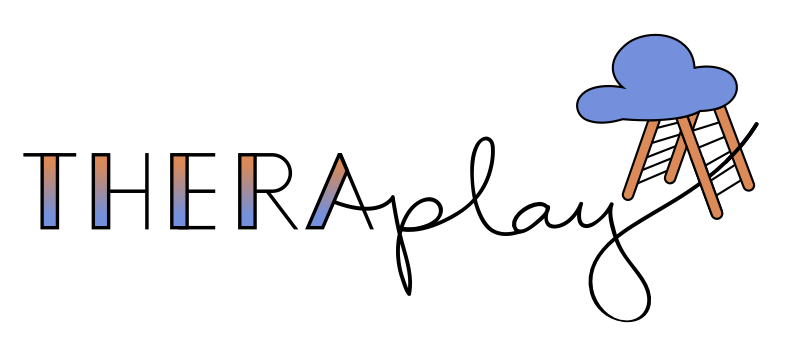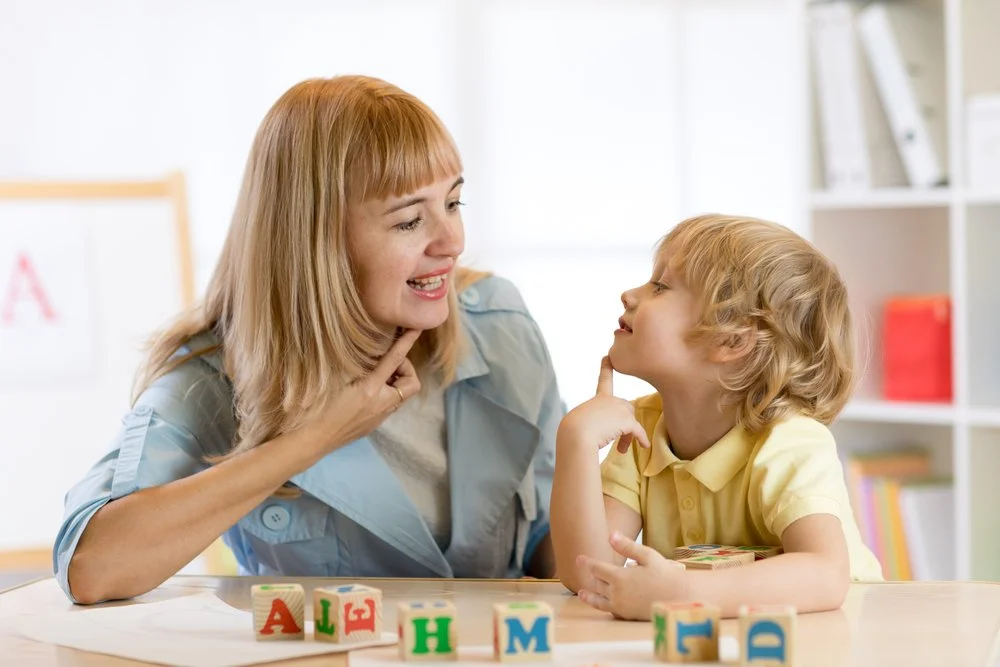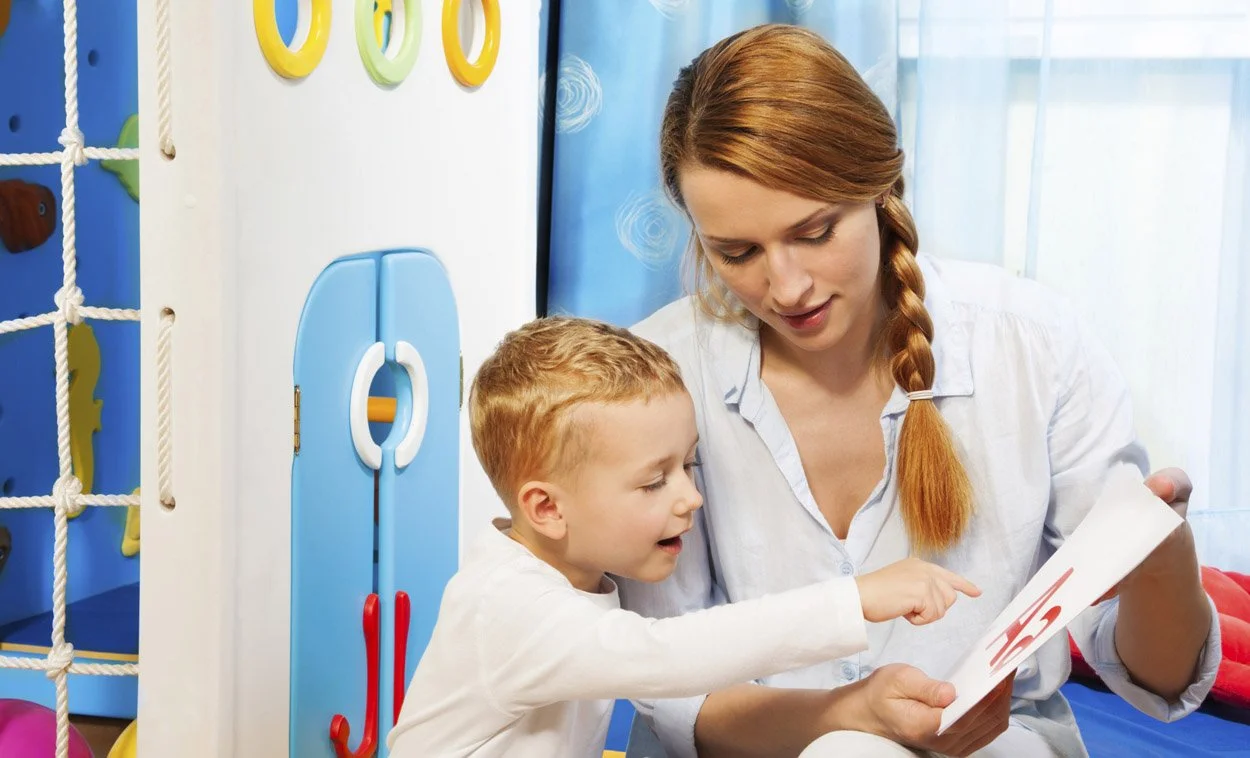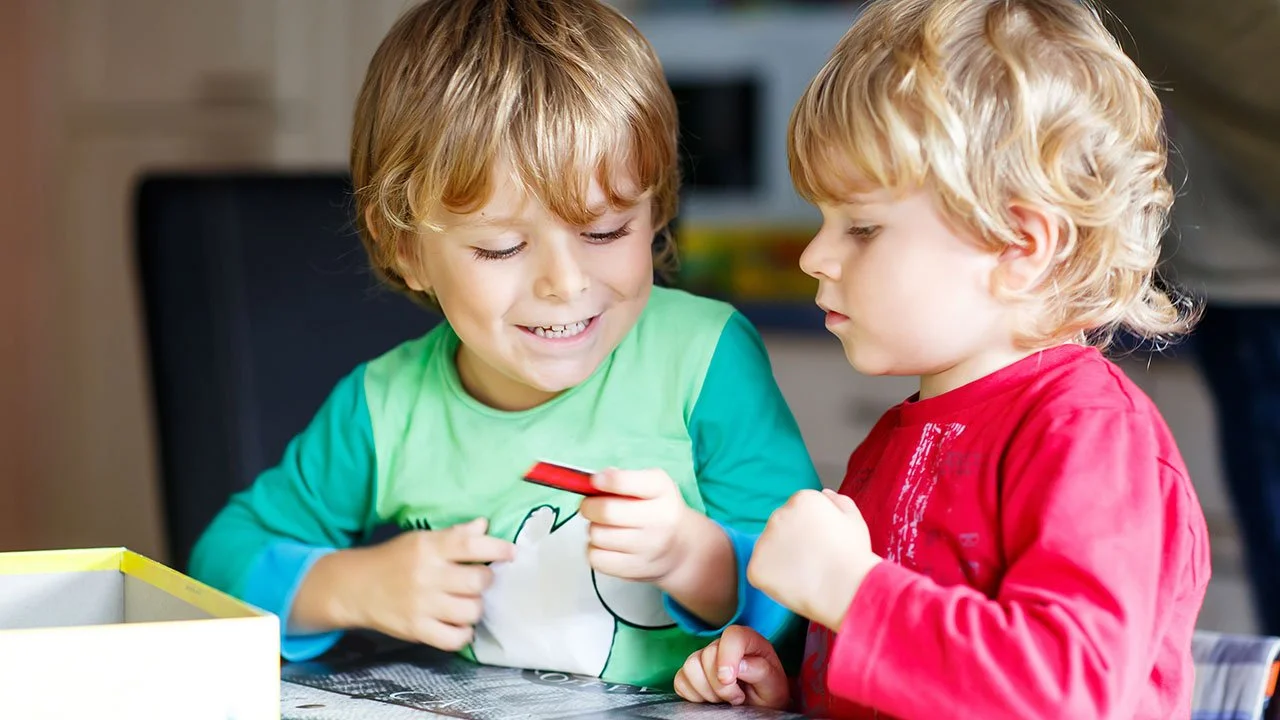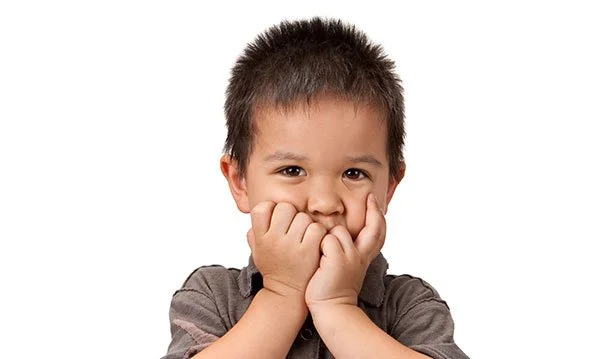
Understanding Pediatric Speech Therapy
Los Angeles Leader for Speech Therapy That’s Fun and Effective
Signs Your Child Could Benefit From Speech Therapy
Speech Language Pathologists can treat children with a wide range of symptoms and diagnoses, including but not limited to…
Auditory processing disorders
Receptive and expressive language disorders
Articulation difficulties and phonological disorders
Stuttering and fluency disorders
Voice and resonance disorders
Cognitive and other developmental delays
Apraxia of speech
Oral motor and feeding disorders
Pragmatic language disorders (difficulty with appropriate social skills)
Executive functioning difficulties
Others have difficulty understanding more than 50% of what your child says
Articulation Therapy For Children in Los Angeles
Perhaps you’ve noticed your child has a slight lisp or their pronunciation of certain sounds isn’t clear. If your child struggles to make one or more sounds or can’t seem to make the correct sound when speaking, they may be experiencing a speech sound or articulation disorder. Challenges with articulation improve with the right kind of speech therapy.
While certain speech errors are appropriate at certain ages, as a child’s language develops, they typically outgrow these errors. For example, most children don’t master the pronunciation of the letter “r” until 5 years of age.
That being said, if your child still struggles to pronounce certain sounds past the age of 6, we can help them master proper pronunciation by targeting the specific sound(s) they struggle with.
Here’s the frustration free process:
We begin by helping them produce the sound by itself
We slowly introduce vowels and words containing the sound your little one struggles with
We help your little one practice carrying their improved articulation over into conversational language
This technique reduces frustration and allows your child to focus on how the sound is produced. Our therapists find fun, innovative ways to keep your child engaged throughout each session.
Language Delay Therapy for Children in Los Angeles
It’s true that every child is different. There will be slight differences between when they reach certain milestones, but if your little one isn’t meeting certain speech milestones by a certain age, it’s a good idea to seek out speech therapy. If your child needs it, the earlier you begin speech therapy, the better the outcome!
If you notice your child’s speech skills are delayed, don’t panic! Our LA speech therapy team has extensive training in early intervention and will help give your child the input, prompting, and practice they need to thrive.
While language delays do not always indicate another condition such as hearing loss, global delays, or Autism Spectrum Disorder (ASD), our therapists have been trained to recognize early warning signs of these conditions. If we believe a referral is appropriate, we will provide you with a list of appropriate providers and help guide you through each step of the diagnostic process.
Social Skills Therapy for Kids
Pragmatic language refers to the ability to use socially appropriate language and communication in different social situations. We may not realize it, but we follow certain rules during every conversation we have and constantly change the way we communicate when talking to different people or when communicating in different settings.
For example, we…
Take turns while talking
Stay on topic during conversations
Use and understand nonverbal signals (like facial expressions, eye contact, etc.)
Respect other people’s personal space
Adjust the way we speak depending on who the listener is and the information they do or don’t have about the subject being discussed
Adjust our volume according to our surroundings (i.e. when in a library versus a playground)
Use language differently for different purposes (knowing how and when to request vs. demand, state vs. inform, etc.)
For children who struggle with pragmatics or social skills, they may find it difficult to make and keep friends, get in trouble at school, or find themselves unable to communicate effectively.
Our SLPs will help your child learn the unwritten rules of social communication, providing them with a safe and comfortable space to work through the complex world of social communication.
Speech Fluency Therapy for Kids
We all experience occasional difficulty speaking fluently (who hasn’t had to use the occasional “um” during a presentation?). However, frequent interruptions during speech can make communicating difficult and even frustrating for your little one.
Over time, this frustration can cause your child to develop “accessory” behaviors to try to hide their disfluencies.
This might look like:
Avoiding speaking around new people
Avoiding certain words they find difficult
Pretending to forget what they were saying
Rearranging words in their sentences
Using “filler sounds” such as “uh” and “um” during speech
Covering their mouth
Pretending to cough or yawn
Untreated fluency disorders can also cause your child to feel anxious, depressed, ashamed, or angry.
There are two commonly recognized fluency disorders:
Stuttering — the repetition of sounds or whole words or frequent pausing between words
Cluttering — irregular speech rate (usually so rapid it’s difficult to understand the speaker), atypical pauses, omission of syllables, and/or excessive self-interruption (commonly referred to as revisions and interjections)
Our unique approach to stuttering targets the cranial nerves responsible for breathing and speech production to redirect the neurological flow of energy responsible for these processes. Want to learn more? Click here!
Our Speech Therapists Can Help Your Child…
-
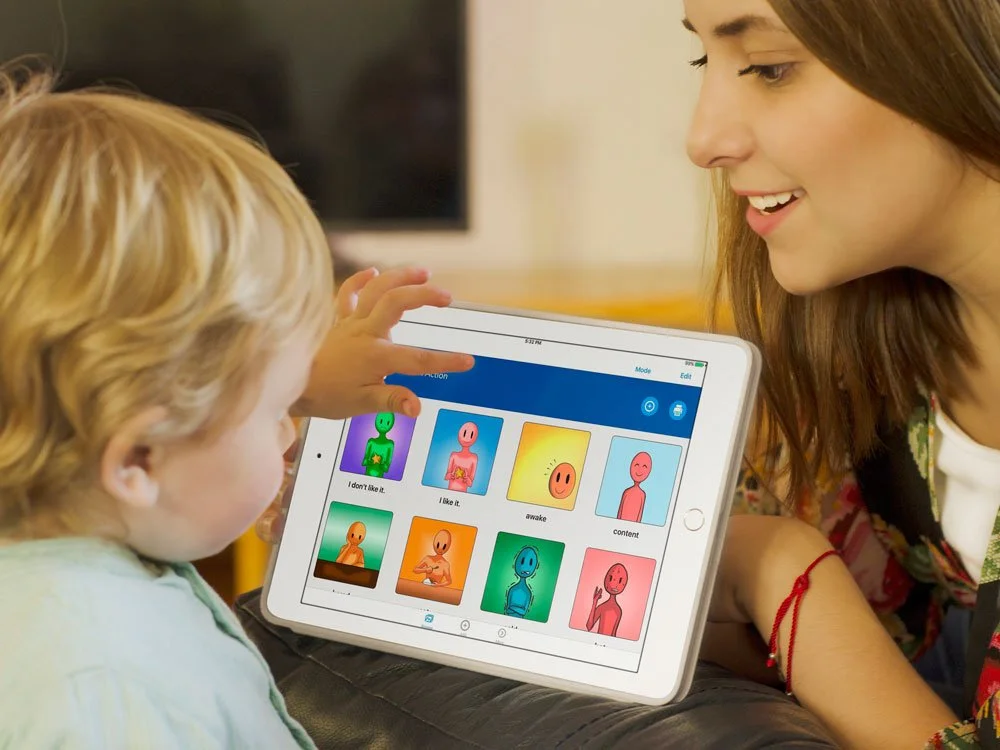
Improve their ability to express wants, needs, and thoughts in multiple modalities (words, alternative communication device, etc.)
-
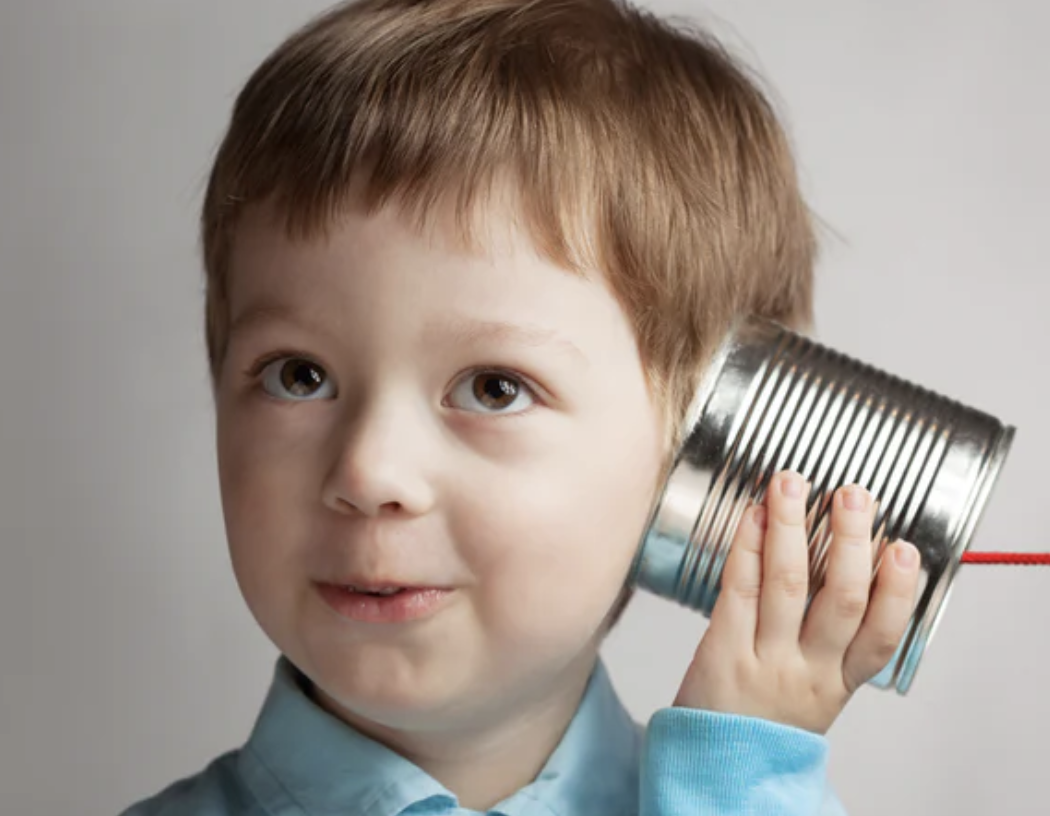
Increase their understanding of the verbal language used by caregivers and peers (receptive language)
-
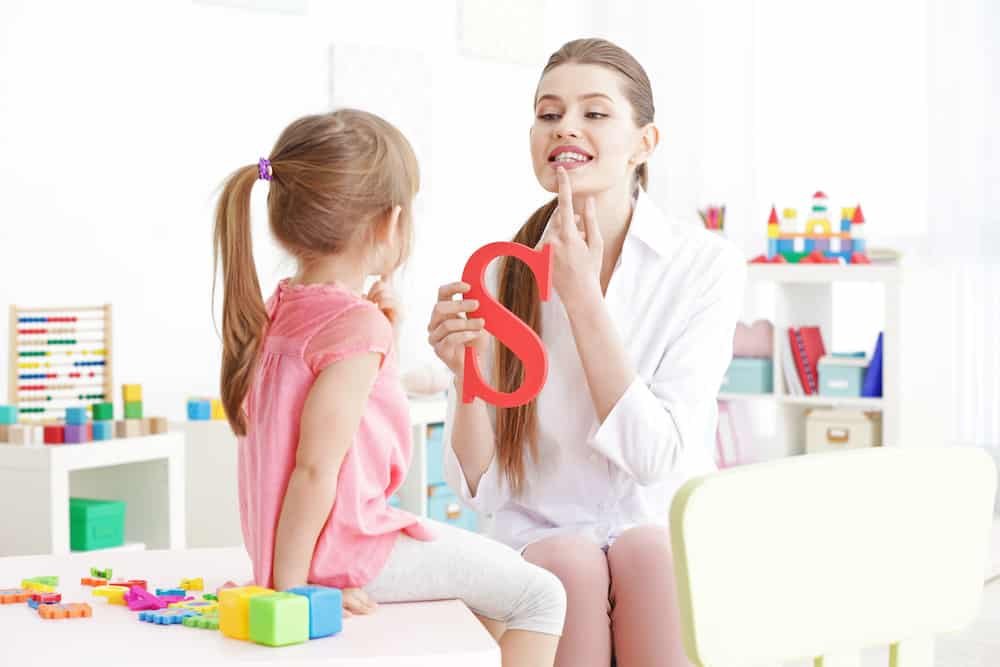
Learn how to make certain sounds by modeling correct sounds and syllables for a child during age-appropriate play
-
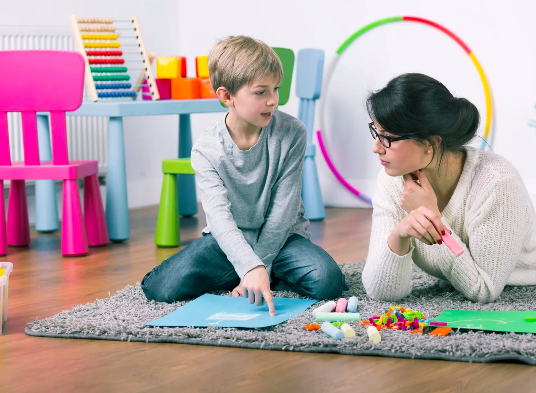
Improve their problem solving, memory, organization, and overall cognitive communication
-
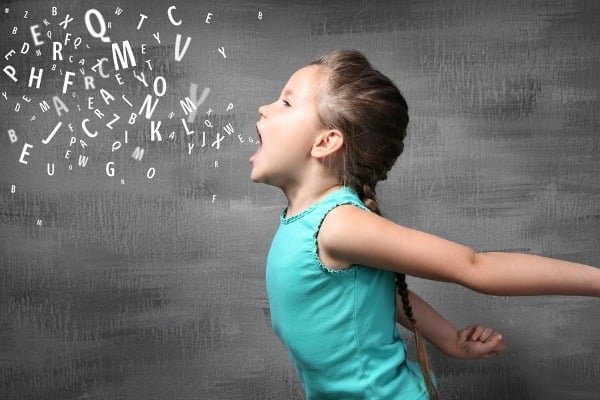
Learn and execute breathing exercises for resonance and voice
-
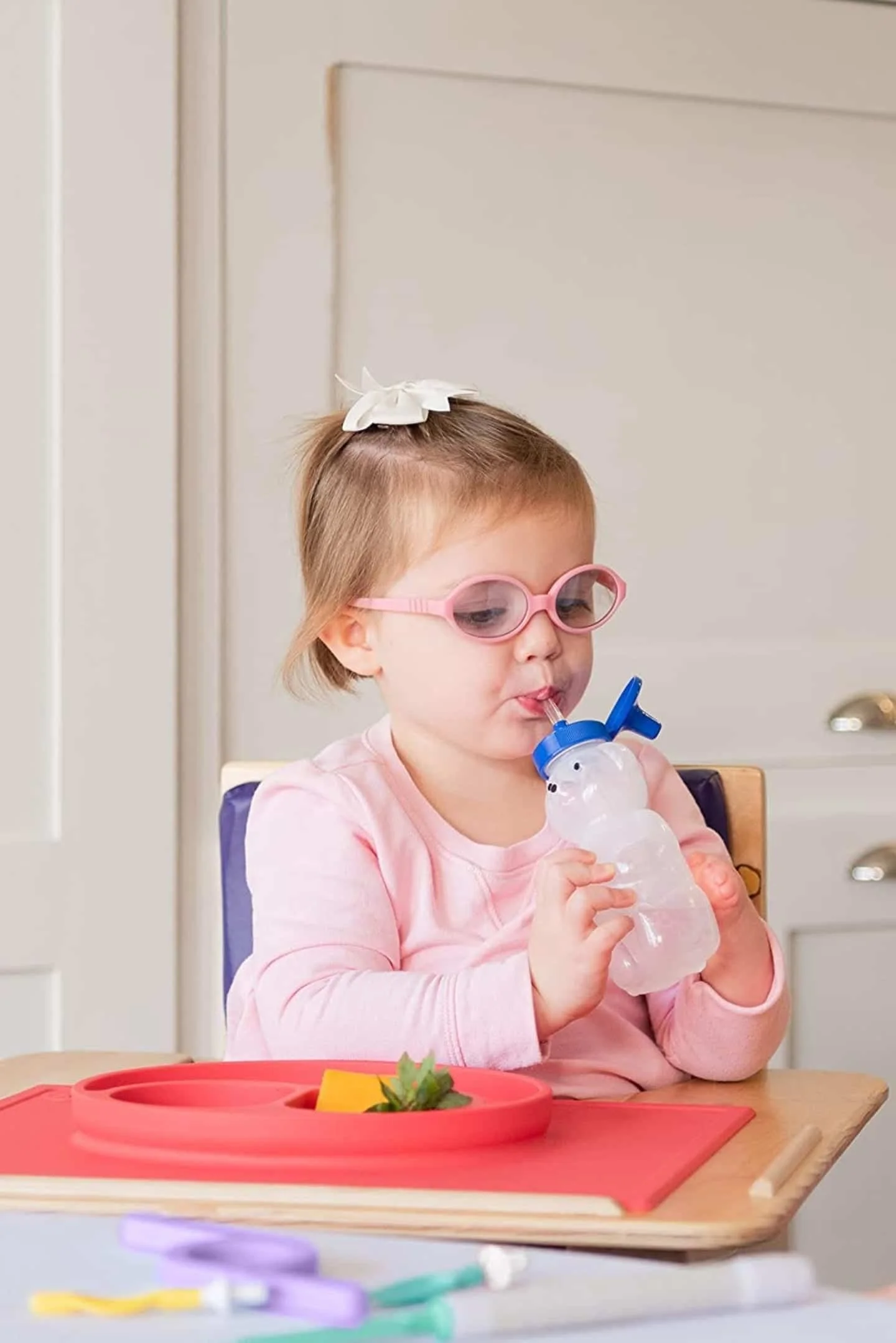
Strengthen oral muscles for eating, speaking, and drinking
-
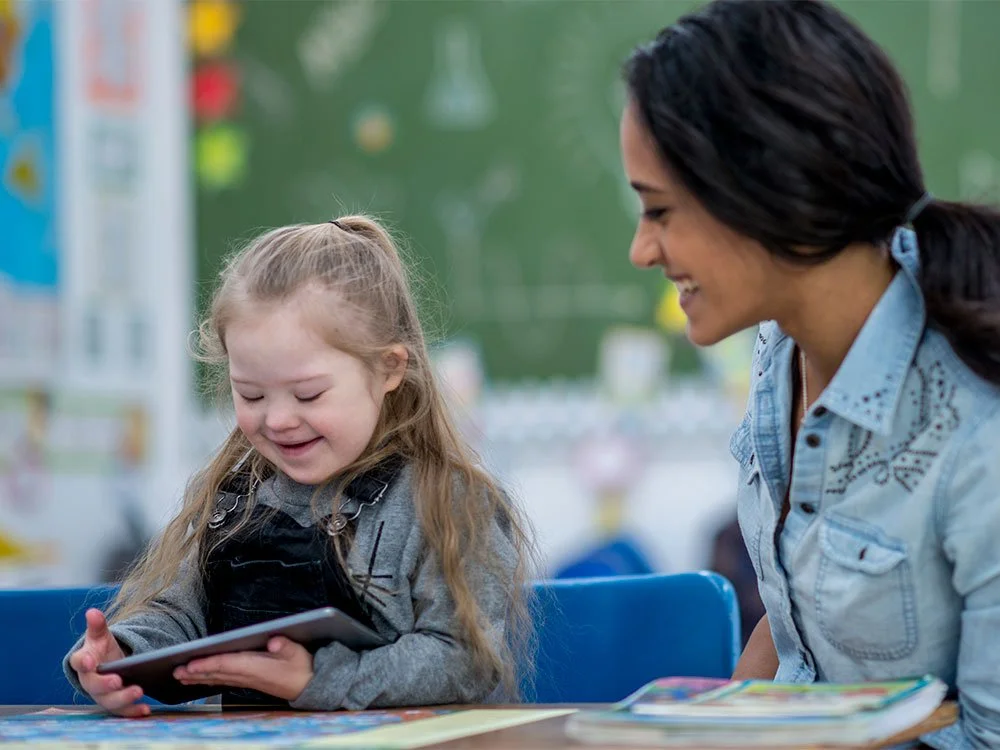
Use specialized equipment, such as speech-generating devices or adapted feeding materials
-

Learn and implement conversational tactics to improve social communication

